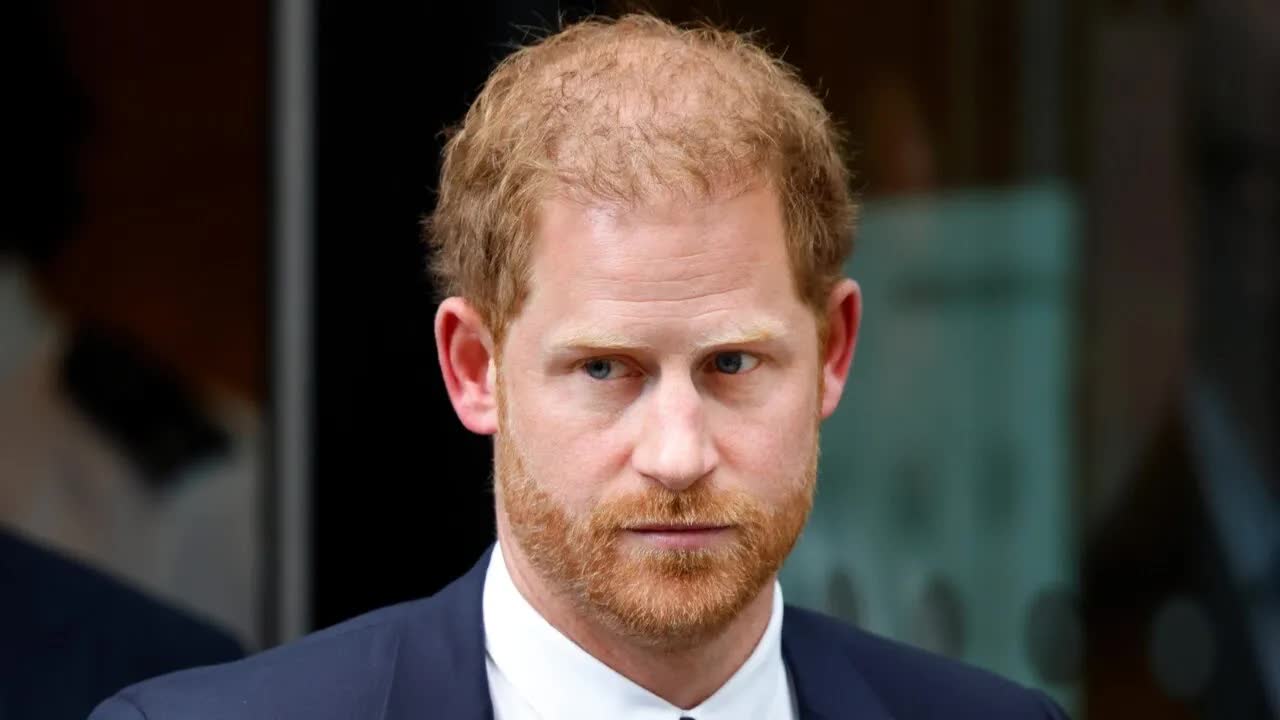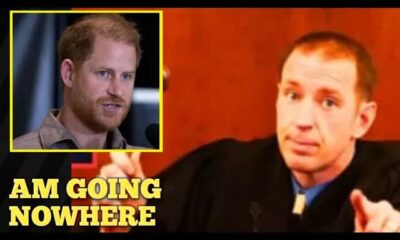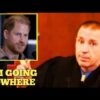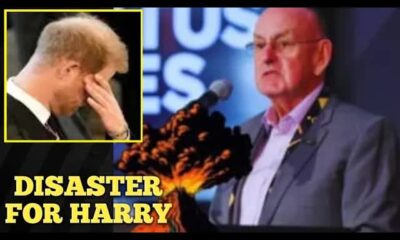The News
Prince Harry’s Claims Spark Controversy Among War Heroes and Military Chiefs
Prince Harry's recent remarks in his new Netflix series have stirred up a storm of criticism from war heroes and ex-military chiefs, who are slamming his accusations against the media for allegedly neglecting British troops.
The Duke of Sussex expressed his frustration over what he perceived as a lack of support from media outlets like The Sun towards wounded British soldiers in Afghanistan.
However, his comments have not gone unchallenged, with both the media and military leaders pushing back against his narrative.
In response to Prince Harry's allegations, critics have questioned the validity of his claims, labeling him as a “one-trick pony” whose sole tactic is to portray himself as a victim.
The Sun refuted his accusations by highlighting their ongoing efforts to support troops even before Harry's deployment to Afghanistan.
Adding a touch of humor, an ex-military commander cleverly remarked that “recollections may vary,” suggesting that perspectives on the issue differ widely.
One of the central themes in Prince Harry's ongoing feud with the press is his deep-seated animosity towards media outlets, particularly tabloids, whom he holds responsible for his mother's tragic demise.
This latest episode in the saga has reignited debates on whether Harry's grievances are justified, with many journalists and veterans vehemently disagreeing with his portrayal of events in Afghanistan.
Critics argue that Prince Harry's confrontations with the media overshadow more pressing personal challenges that he should address, rather than perpetuating a cycle of blame and victimhood.
Some observers point to his relationship with Meghan Markle as a turning point, suggesting that her influence has intensified his negative perceptions of the press and his own family.
The dynamics of Prince Harry's interactions with the media have evolved significantly over time, with his involvement in initiatives like the Invictus Games initially garnering positive attention from journalists.
However, the narrative took a different turn following Meghan's entrance into his life, as she allegedly reinforced his sense of victimhood and estranged him from his relatives.
Critics of Meghan Markle argue that her influence on Prince Harry has been detrimental, leading to a toxic environment that isolates him from his family and amplifies feelings of victimization.
They accuse her of manipulating his emotions and exacerbating existing tensions, thereby contributing to the ongoing rift between Harry and the royal establishment.
Amidst the ongoing controversy, some voices have called for a more nuanced understanding of Prince Harry's motivations and actions, acknowledging the complexities of his personal journey.
While some sympathize with his struggles, others emphasize the need for him to take responsibility for his choices and focus on personal growth rather than perpetuating conflicts with the media.
As the debate surrounding Prince Harry's relationship with the media continues to unfold, it remains clear that divergent perspectives exist on the underlying causes of his grievances.
While some attribute his stance to past traumas and external influences, others urge him to reflect on his role in shaping his public image and relationships with the press.
In conclusion, the ongoing saga involving Prince Harry's contentious relationship with the media underscores the intricate interplay between personal experiences, external influences, and public perceptions.




































































